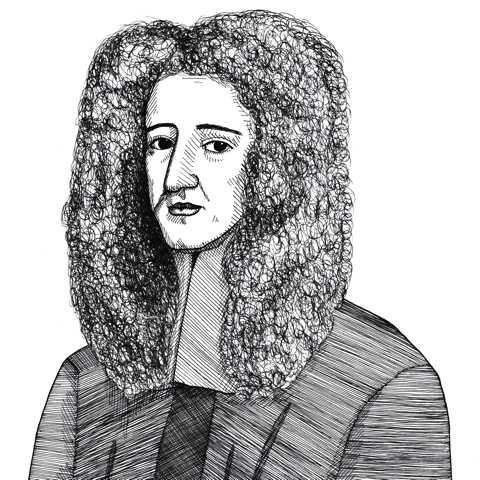
Shaftesbury on the True Test of Bravery
Found in: Characteristicks of Men, Manners, Opinions, Times, 3 vols.
Anthony Ashley Cooper, the Third Earl of Shaftesbury (1671-1713) was the grandson of a founder and leader of the English Whigs, and was tutored by John Locke. Shaftesbury wrote one of the most intellectually influential works in English of the eighteenth century, The Characteristicks of Men, Manners, Opinions, Times. Shaftesbury argued that human nature responds most fully to representations of the good, the true, and the beautiful, and that human beings naturally desire society.
Freedom of Speech
“Nothing is more ridiculous than this it-self. The Vulgar, indeed, may swallow any sordid Jest, any mere Drollery or Buffoonery; but it must be a finer and truer Wit which takes with the Men of Sense and Breeding. How comes it to pass then, that we appear such Cowards in reasoning, and are so afraid to stand the Test of Ridicule?—O! say we, the Subjects are too grave.—Perhaps so: but let us see first whether they are really grave or no: for in the manner we may conceive ’em, they may peradventure be very grave and weighty in our Imagination; but very ridiculous and impertinent in their own nature.”